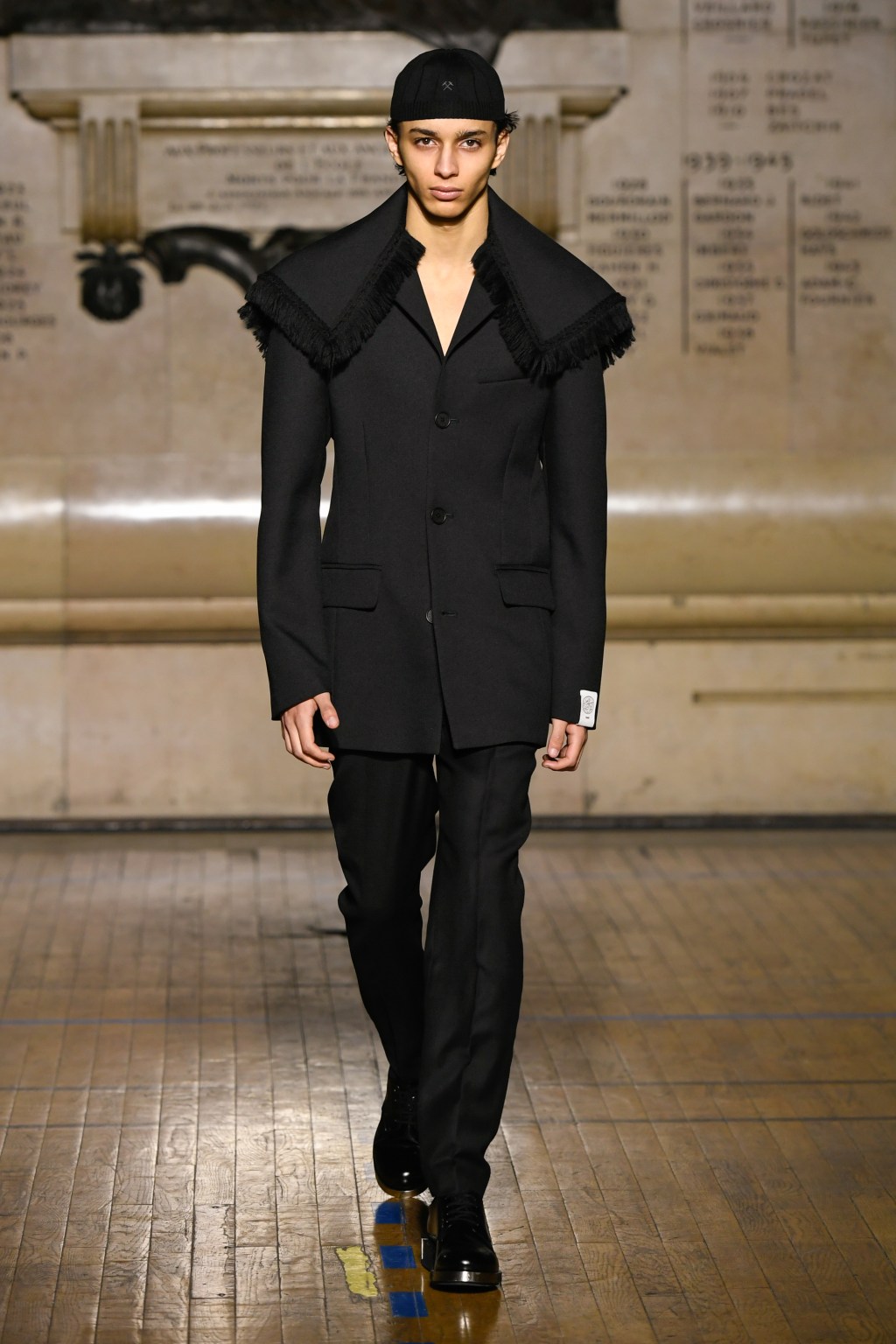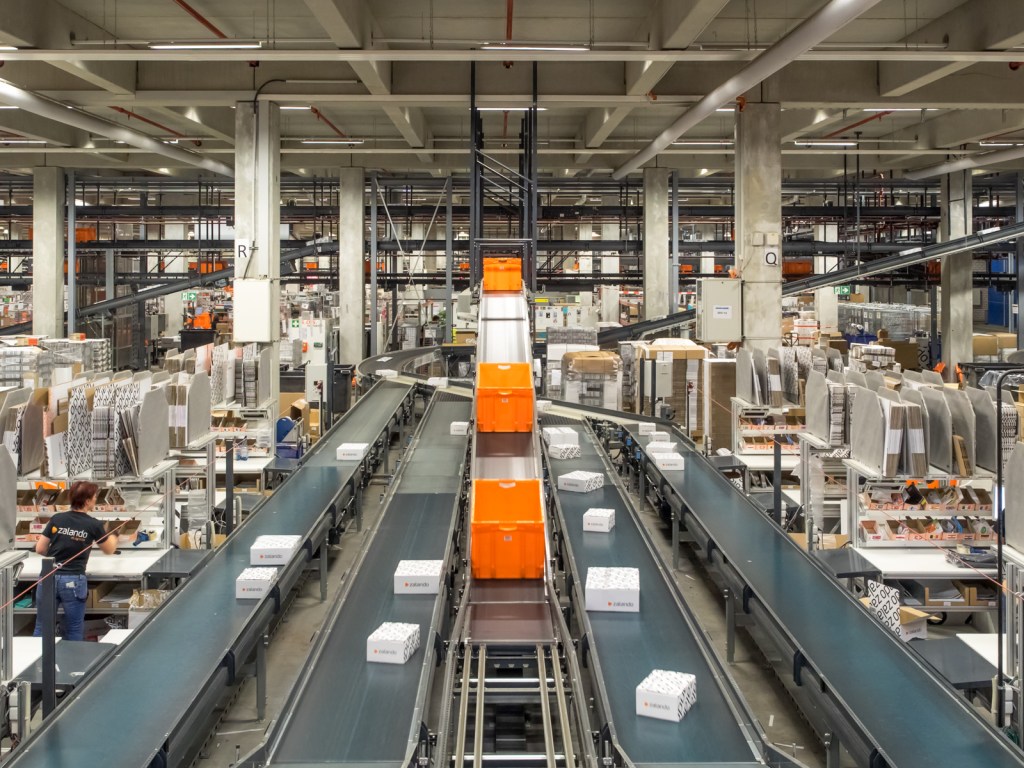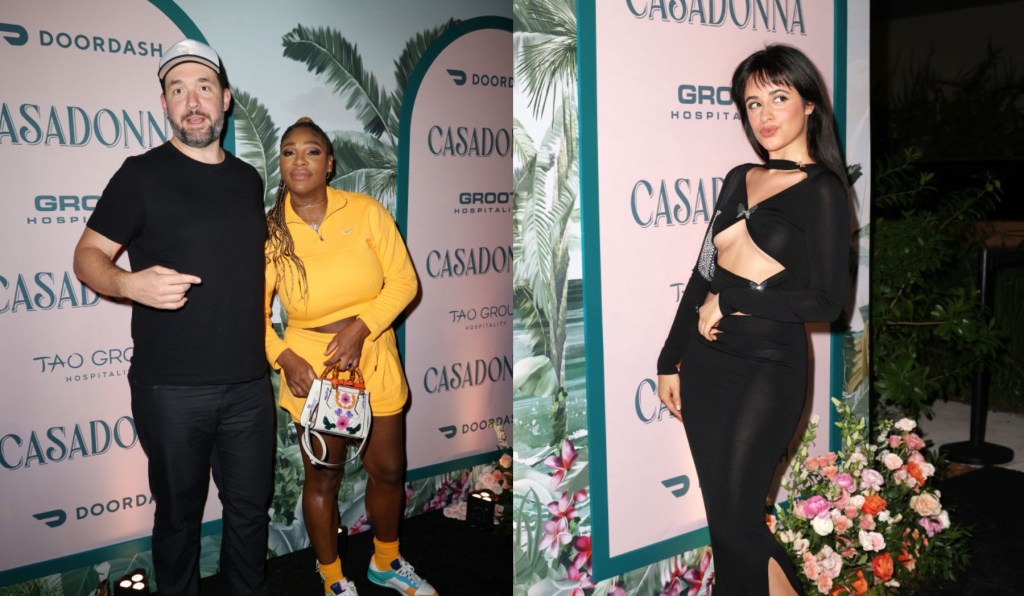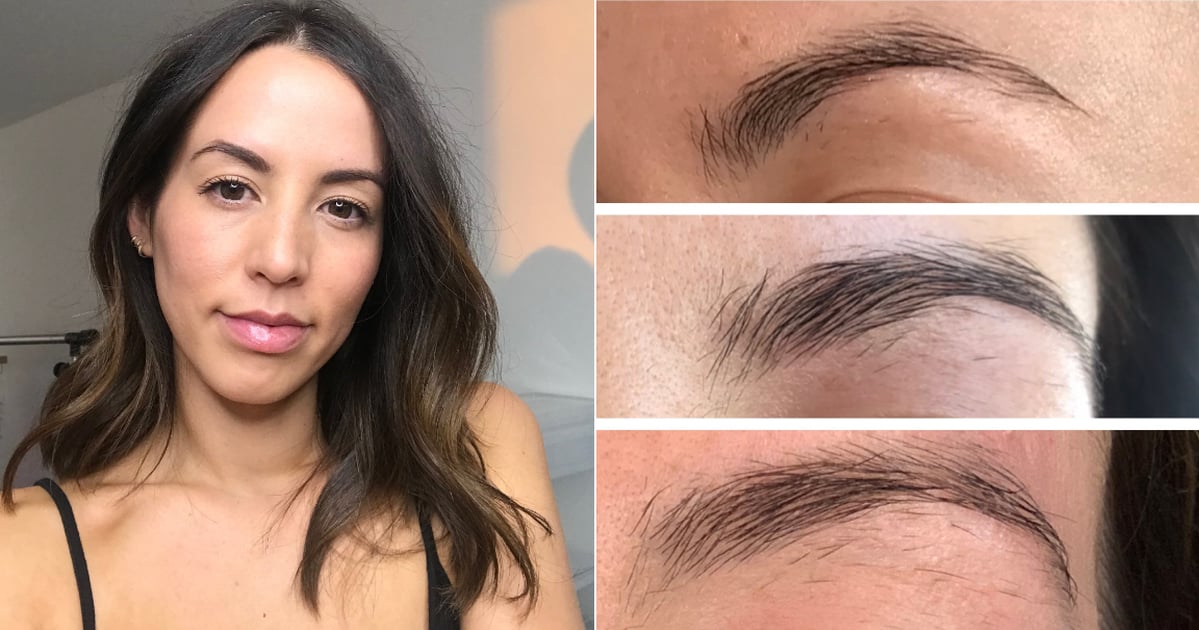Fashion weeks can sometimes feel immune to the chaotic events happening elsewhere in the world. At the closing show of the Paris men’s collections on Sunday, GmbH designers Benjamin Huseby and Serhat Isik brought the war between Israel and Hamas front and center.
Standing at a podium, the duo opened the show with a 10-minute speech. “As fashion designers we are normally left to express our thoughts through clothing and leave the rest to the imagination. But we live in dangerous times, where the precision of words is needed,” Isik explained.
They called for a ceasefire, the release of all hostages and a Palestinian state, concluding with a lengthy quotation from a 2002 speech by Indian author Arundhati Roy that dovetailed with the theme of their collection, a “statement against nationalism” they called “Untitled Nations.”
When he read the last sentence, Huseby broke down, causing some guests to silently wipe away tears.
After that, it felt almost futile to look at clothes, but politics have always been embedded in the GmbH brand. Isik, who is Turkish German, and Huseby, who is Pakistani Norwegian, have mined their multicultural identities as inspiration for their collections.
This display featured a mix of looks from spring and fall. It included several jackets with draped shoulders, inspired by prayer shawls, made with keffiyehs provided by SEP, an acronym for Social Enterprise Project.
That fashion and lifestyle brand works with Palestinian and Syrian refugees from the Jerash camp in Jordan to embroider its pieces. One of the SEP keffiyehs was wrapped around the head of a model wearing a speckled gray wool coat with oversized shoulders. A sweatshirt featured a cracked version of the United Nations logo.
“The core value of this collection is really in the title, this kind of play on the United Nations. I mean, it’s a kind of the idea of tolerance,” Huseby said backstage. “For us, it’s a strong statement against nationalism, which I think is really the issue and what we fear the most.”
Despite their stated intention, it was impossible not to feel an undercurrent of dread. One model silently murmured as he faced the photographers, while another wore a bomber jacket with multiple pockets that eerily resembled a suicide bomber’s vest.
Husey and Isik have always fought against the stereotyping and demonization of Muslims, so it was puzzling why they would allow any room for negative interpretations. It was a harrowing experience that illustrated the power, and responsibility, of using fashion as a political platform.



